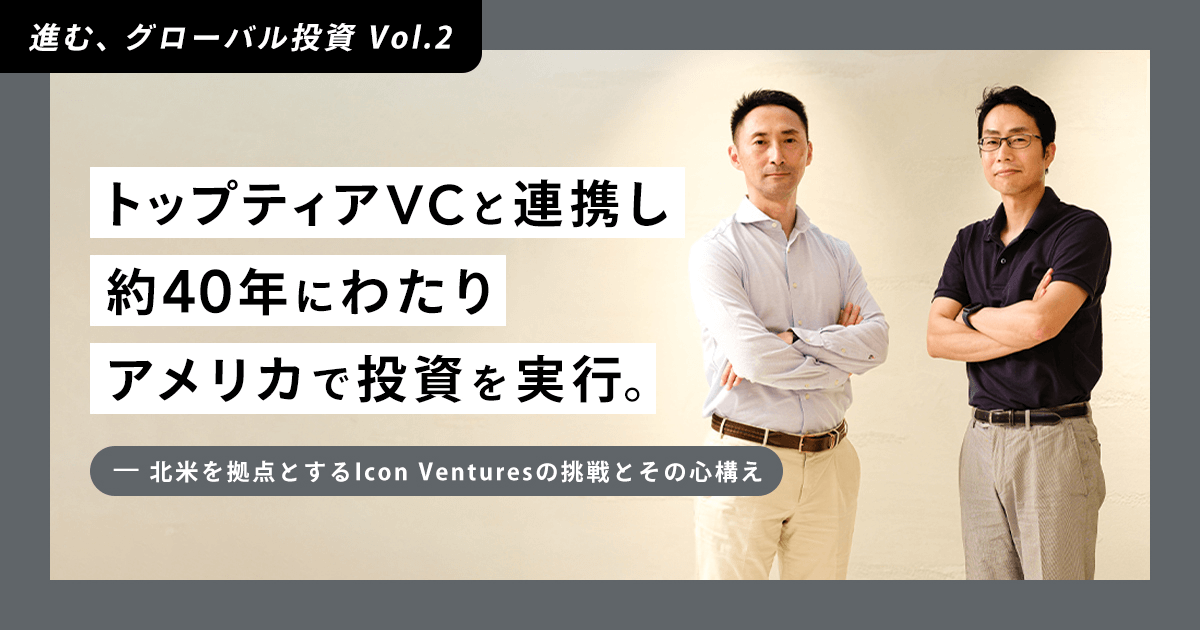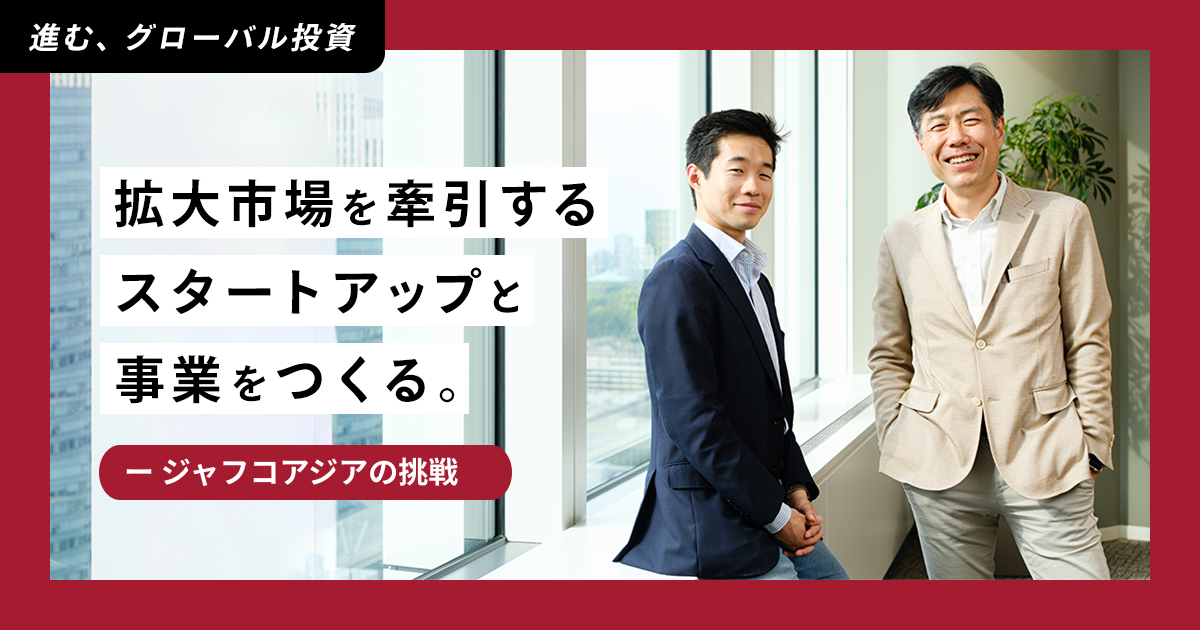JAFCO Group invests not only domestically in Japan but also in Asia, with its rapidly growing economies, and North America, which leads in cutting-edge technology.
As the North American region comprises the world's largest private equity market, JAFCO established JAFCO America Ventures, Inc. in 1984 and built a network of top-tier local VCs at an early stage to make VC investments. Since changing its name to Icon Ventures, it has successfully completed 34 exits, including eight IPOs, with a total market cap at exit of over $100 billion.
At Icon Ventures, the US Business Development team of JAFCO's Business Development Division provides business development, HR and other Japan-based support for its portfolio companies in the US. Naoyuki Ono and Tetsuo Kawahara, who are both members of the US team, talk about their specific functions and stance.
【Profile】
Naoyuki Ono, Principal, US Business Development team, Business Development Division, JAFCO Group Co., Ltd.
Naoyuki Ono has been involved in business development for US portfolio companies for over 15 years, supporting more than 40 US ventures to enter the Japanese market and expand sales in Japan. Prior to joining JAFCO, he worked for a major foreign IT vendor and a cyber security vendor, experiencing engineering, product management, product marketing, sales, and management positions.
Tetsuo Kawahara, Principal, US Business Development team, Business Development Division, JAFCO Group Co., Ltd.
Since joining JAFCO in 2018, Tetsuo Kawahara has consistently been responsible for providing support for portfolio companies, mainly US companies entering Japan. Prior to joining JAFCO, he worked for a major foreign IT vendor as a sales and business development manager.
Changed company name to blend in and establish a symbolically significant investment track record
─JAFCO has been investing in the North American region for about 40 years since the establishment of JAFCO America Ventures in 1984. The company has now been reorganized as Icon Ventures. Please tell us about the specifics of these developments.
Ono Icon Ventures currently consists of three teams: the Investment Team, which makes investment decisions, the US Business Development Team, which provides various types of value-adding support to the portfolio companies, and the Operational Support Team, which manages the operation of investment funds and other investment-related work.
Mr. Kawahara and I belong the US Business Development Team and are mainly responsible for assisting portfolio companies in entering or expanding their activities in the Japanese market.
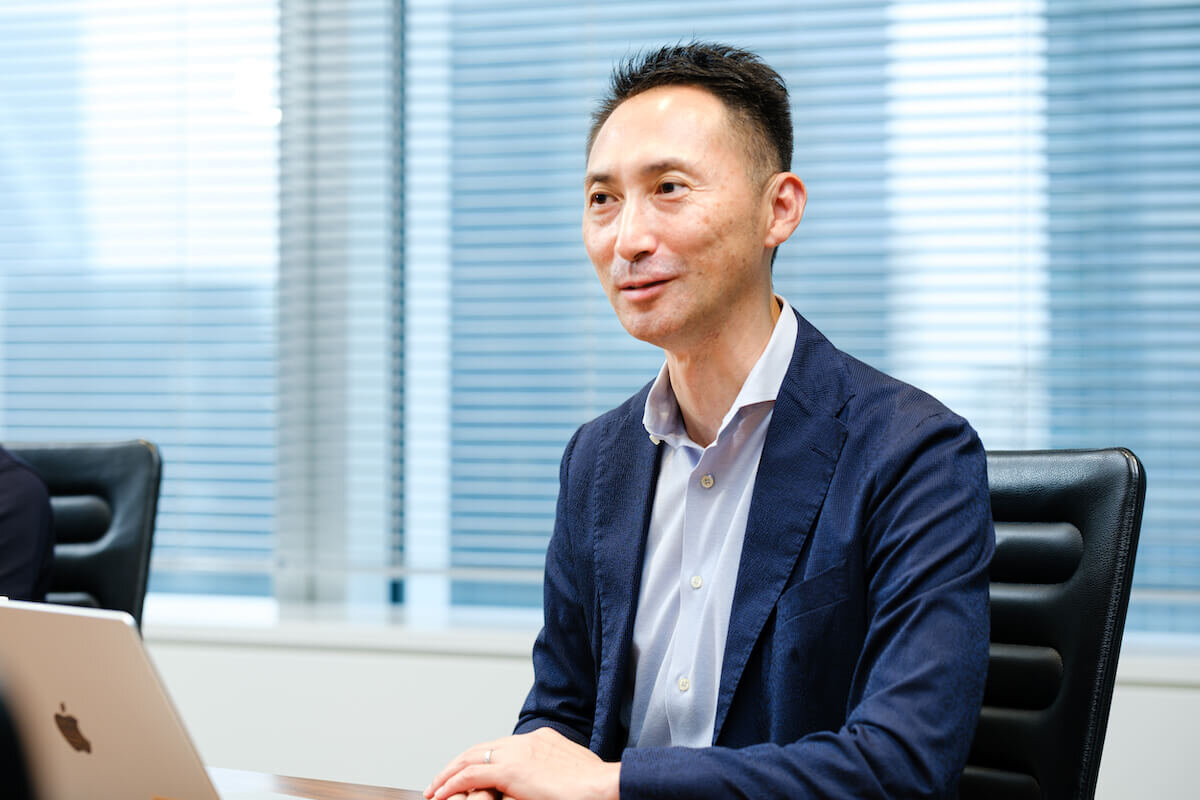
─What was the background and context behind the change in name and structure, from JAFCO America Ventures to Icon Ventures?
Ono There were many factors, but the main intention behind the name change was to create a symbolically significant investment case in the US market, which is experiencing greater growth.
When JAFCO America Ventures was originally established in 1984, we made investments based on our strength of being able to create opportunities to enter the Japanese market. However, over the past 20 to 30 years, the positioning of the Japanese market has changed significantly in comparison to the US market. The US market is said to be the world's largest startup market, and in fact it is teeming with startups aiming to go public.
So, against this backdrop, we wanted to become a VC that invests in the US market with deeper engagement and local roots. Therefore, we changed our company name to Icon Ventures. We incorporated the word "Icon" as it is associated with symbolizing and representing.
Investing in unicorn companies that will lead the future by building an investment ecosystem wit top-tier VC firms
─Can you speak to Icon Ventures' investment track record so far?
Kawahara One of our main achievements is Bill.com, which provides software for back-office financial processes to small and medium-sized businesses.
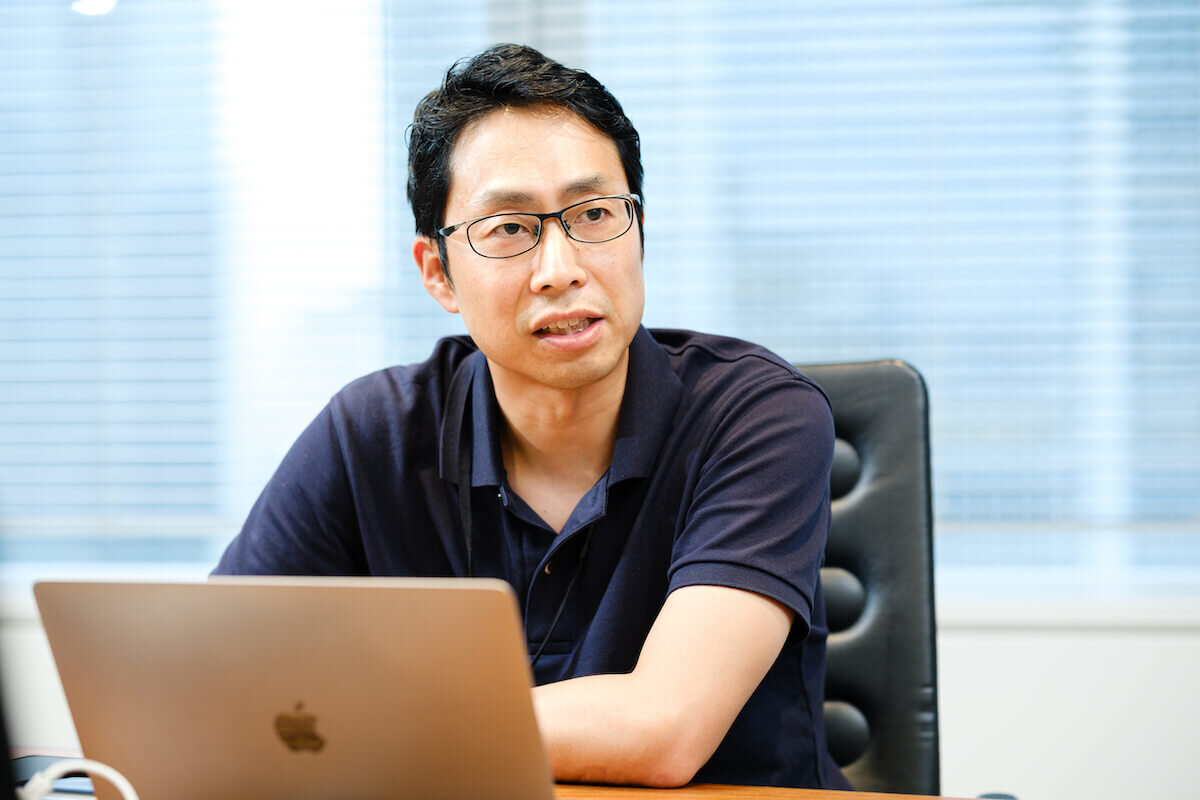
The US has had a culture of using checks, and they are still used as a major means of payment by individuals and corporations alike. However, the check procedure itself is complicated, as the amount has to be written on physical paper which must be taken to the bank. Bill.com has digitized these procedures, and their service has been adopted by companies of various sizes, small and large.
They have truly become the de facto standard in the industry, and therefore were able to achieve an IPO in 2019. The company has continued to grow and, as of August 1, 2023, its market capitalization exceeds $13 billion, making it one of the companies to achieve extraordinary growth.
Another major achievement is our investment in Maven Clinic, a digital clinic for the health of women and their families, which is still in its pre-IPO phase.
The US has a childcare and medical leave law called the Family and Medical Leave Act, but the system and guarantees for maternity/paternity leave are not fully in place, and it can be very difficult to return to work. Maven Clinic provides online fertility treatment and return-to-work support to women with such concerns. We have invested in this service because we believe it addresses a critical concern, as more and more women are working in various fields these days.
Ono Apart from digital health, represented by Maven Clinic, we have established four areas of our investment focus: security, data & AI, fintech, and consumer SaaS. If we look at the area of security, three portfolio companies had been listed on NASDAQ, namely Palo Alto Networks, Trellix (formerly FireEye, now delisted), and Proofpoint (now delisted), with a combined market capitalization of approximately $8 billion (¥1.04 trillion) at the time of their listing.
─What is the reason that Icon Ventures has been able to continue to make investments in the US?
Ono As basic as it is, we make decisions based on comprehensive assessments of two points. The first is, "Is the company viable as a business?" The second is, "Is the entrepreneur capable of making his/her business successful?"
We are not necessarily bound by the four areas of focus I mentioned previously, but rather make investment decisions by taking a broad view of the market. When a new business is born, it is often the case that a new market is created beyond the boundaries of the field. It is impossible to give a clear answer as to what fields will grow in the first place. In particular, many American venture companies pivot when they move from series A to series B financing, so it is rare for things to proceed as originally envisioned.
That's why at Icon Ventures we are not bound by our areas of focus, but rather make investment decisions through thorough research and analysis on the probability of success.
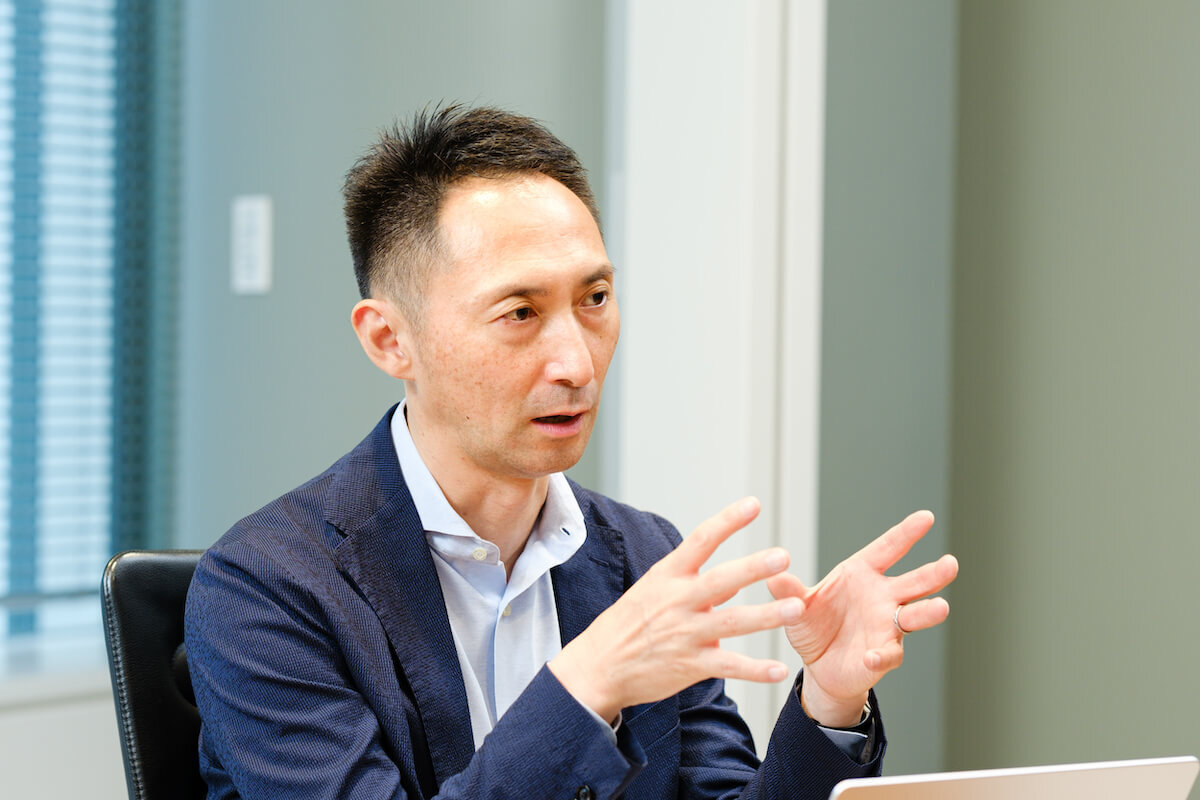
Icon Ventures does not necessarily make investment decisions alone. Icon Ventures invests in partnership with top-tier VC firms in the US in the form of joint investment or syndicate investment.
For example, the aforementioned investment in Maven Clinic was originally made through a network between Tom Mawhinney of Icon Ventures, who had been part of the management team at Teladoc, another portfolio company, and local VCs. Most of our other investments have been made in collaboration with other VCs.
In this way, we have steadily accumulated investments locally, including during the JAFCO America Ventures period, and have formed an investment ecosystem that includes top-tier VC firms, enabling us to make investments that provide returns. In this sense, we believe that Icon Ventures has created an iconic investment track record in the US market as an independent Japanese-affiliated VC firm.
Generated first-year sales of approx. 400 million yen in Japan by utilizing the Japanese network; Wide-ranging efforts from sales to recruitment and establishment of local subsidiary
─Please tell us about the efforts of the Business Development Division to which both of you belong.
Ono The Business Development Division mainly assists the companies we have invested in to enter the Japanese market and expand their activities here.
A specific example is our work with FireEye, a cyber security company founded in California in 2004. At the time of our support, FireEye had an advanced security solution that was effective in detecting cyber attacks and malware, which are considered difficult to defend against, but they had not been able to build a good sales structure and were unable to generate sales for several years after entering the Japanese market.
As their product, which has now been introduced to various companies in Japan and abroad, is of high value, we thought that there must be an element somewhere in the sales channel that could be improved. We therefore analyzed the issues at hand and proposed a sales strategy tailored to the Japanese market. Based on this, we worked with Japanese distributors to regularly share sales information and provide sales training. As a result, they were able to generate $3 million in sales in the first year of our support (about \400 million yen [converted at \130 = $1]).
We also developed business for Exabeam, which offers a security platform using machine learning. Unlike with FireEye, our support for Exabeam has been in a variety of areas, from corporate establishment and sales agency launch when it entered the Japanese market, to the subsequent development of a sales strategy and recruitment of Japanese members.
Kawahara Another recent initiative was our support for Alation, which was announced on August 8, 2023. Alation is a company that provides a data intelligence platform for enterprises. It was seeking funding and a distributor to enter the Japanese market, but was experiencing difficulties. We therefore communicated frequently with potential VC investors, identified the conditions necessary for them to make investment decisions, and coordinated with the relevant parties. In the end we were able to successfully obtain investment approval.
In addition, since it is important to have the right company as a distributor when entering the Japanese market, we proposed Alation products to the candidate distributors. We also led executive meetings with board members and key personnel, technical discussions, and joint sales activities with other potential customers. Now, the distributor is making a significant effort to sell Alation products.
─It sounds like you are not proceeding with a predetermined course of action but are instead providing the necessary support on a case-by-case basis.
Kawahara The support required differs depending on the size and business model of the portfolio company. Even if the company wishes to expand into the Japanese market, it will not do so successfully unless it has a proper system in place. In such cases, it is difficult to hire personnel right away, so we provide support by directly taking the role of a company employee.
More specifically, it may be easier to understand if we think of it in terms of three "pillars." The first is the formulation of sales channels and the actual acquisition of distributors. The second is the acquisition of customers through sales to end-user companies. The third is the preparation of Japanese-language support and packaging for the product itself. Of course, these are not the only ways through which we can provide support, as such will depend on the strategy and characteristics of the portfolio company. Nevertheless, our Business Development Team provides the support believed to be necessary for the company by focusing on these three pillars.
In addition, when conducting such activities, we are conscious of the question, "How do we build the networks necessary for the three pillars?"
When looking for a sales partner, you need to build your own personal connections and relationships on a regular basis, and the same applies when hiring a country manager for a local subsidiary. That is why you need to participate in industry gatherings and communities, regularly exchange information with people involved in projects, and try to be prepared to promptly address requests from portfolio companies.
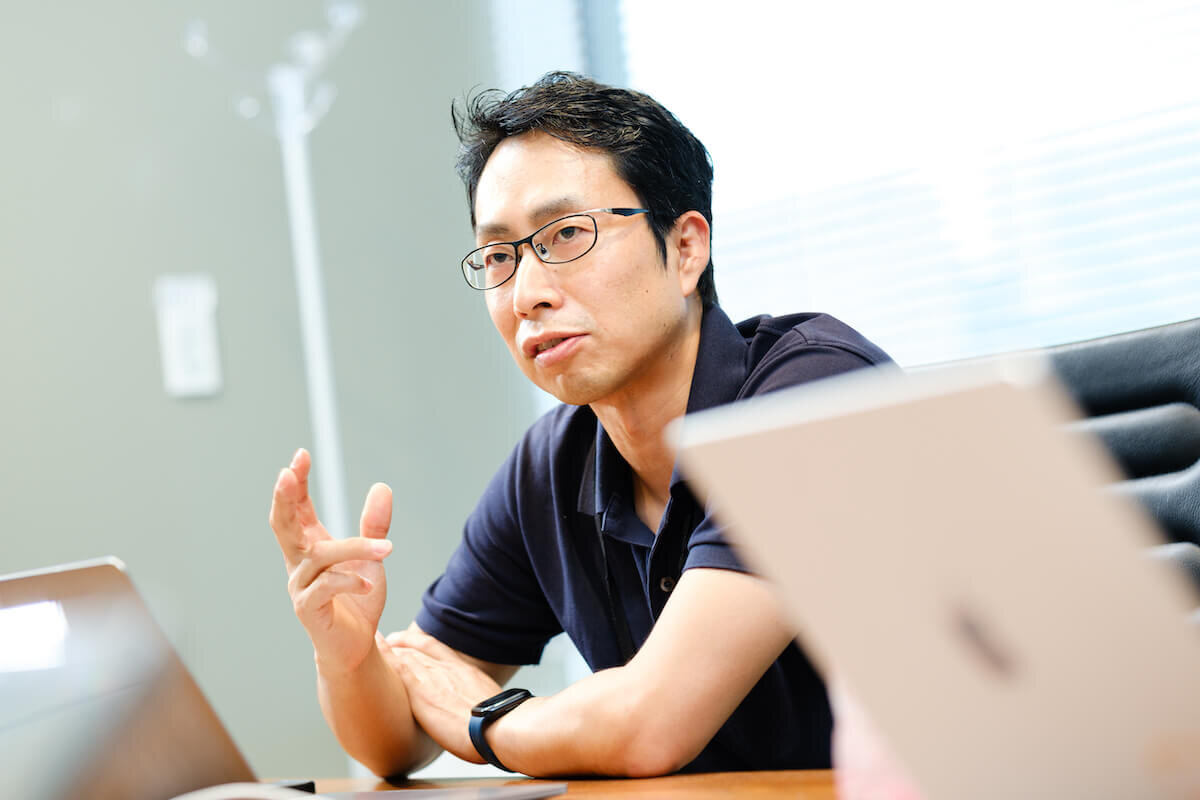
Ono I believe that a truly useful network is something that's created through serious efforts for the benefit of not only yourself but also others. It's not created simply through the existence of relationships or by having a few exchanges, but only by working seriously with people and companies, and sometimes even clash with each other. Only then can a network be created where all parties can confidently seek advice from one another.
It's important to ask what we can do for our portfolio companies, and what can be done ahead of time to spare them of difficulties. I believe that the ability to have a network that is truly useful and alive, in spite of the differences in culture and customs between Japan and the US, hinges on considering the interests of the other.
Kawahara Startups often face difficulties, both in Japan and in the US. Entering the Japanese market is a completely new challenge in an environment that is totally different from the US. That is why I believe that the network of people who have gone through hardships together with us is truly an asset.
Connecting Japan and the US to continue helping the next generation of startups to succeed
─Lastly, can you tell us about Icon Ventures' goals and challenges for the future?
Ono A unique feature of Icon Ventures is that we are able to leverage JAFCO's network and resources to delve into the Japanese market as a way to increase the value of our portfolio companies. There are very few VC firms like ours in the US that can link markets in other countries and increase the value of their portfolio companies.
Therefore, we will continue our efforts to speedily find and invest in successful startups as we have in the past and to help them grow through business development.
Kawahara While making the most of our unique characteristics, we basically want to energize Japan. We of course want our portfolio companies to succeed, but we also aspire to drive broader changes in Japan, encompassing related business firms and partner companies.

